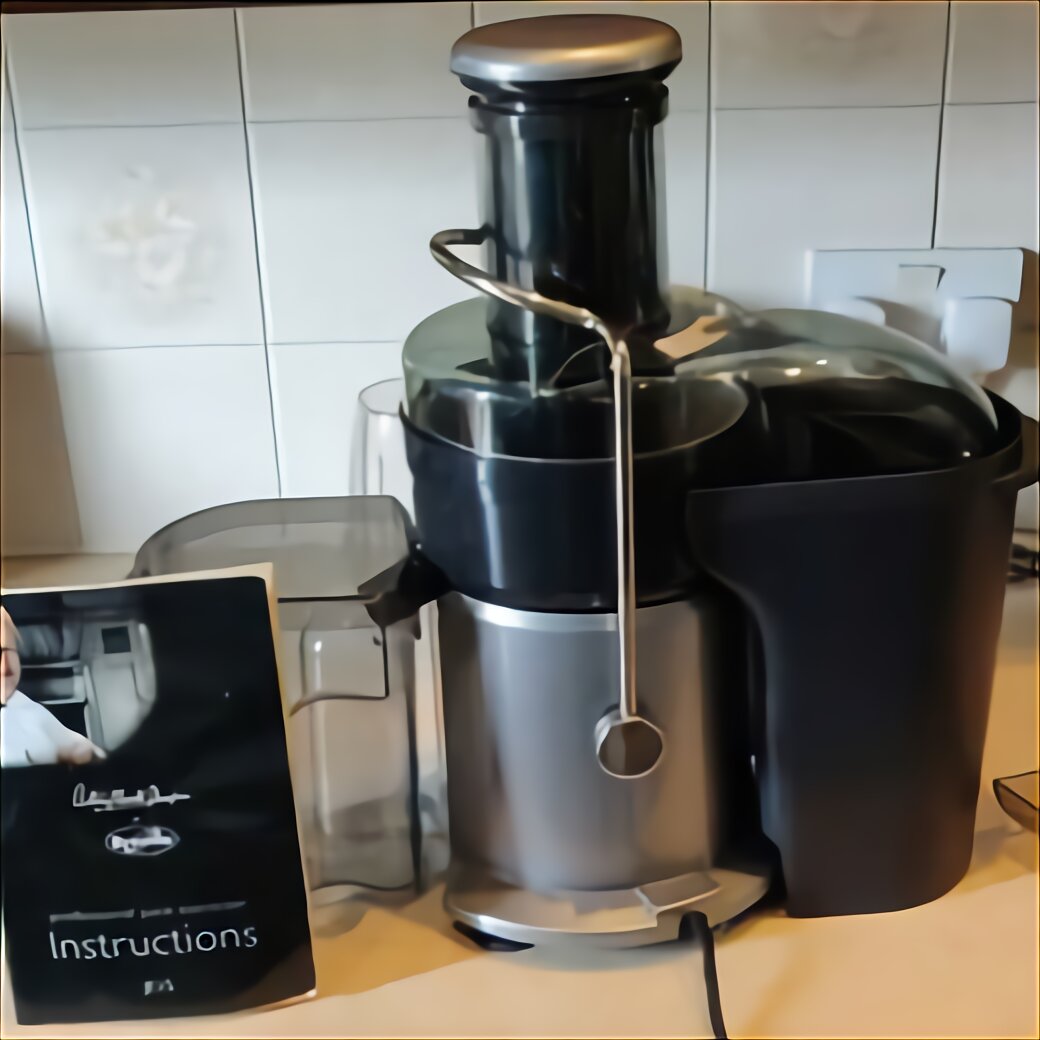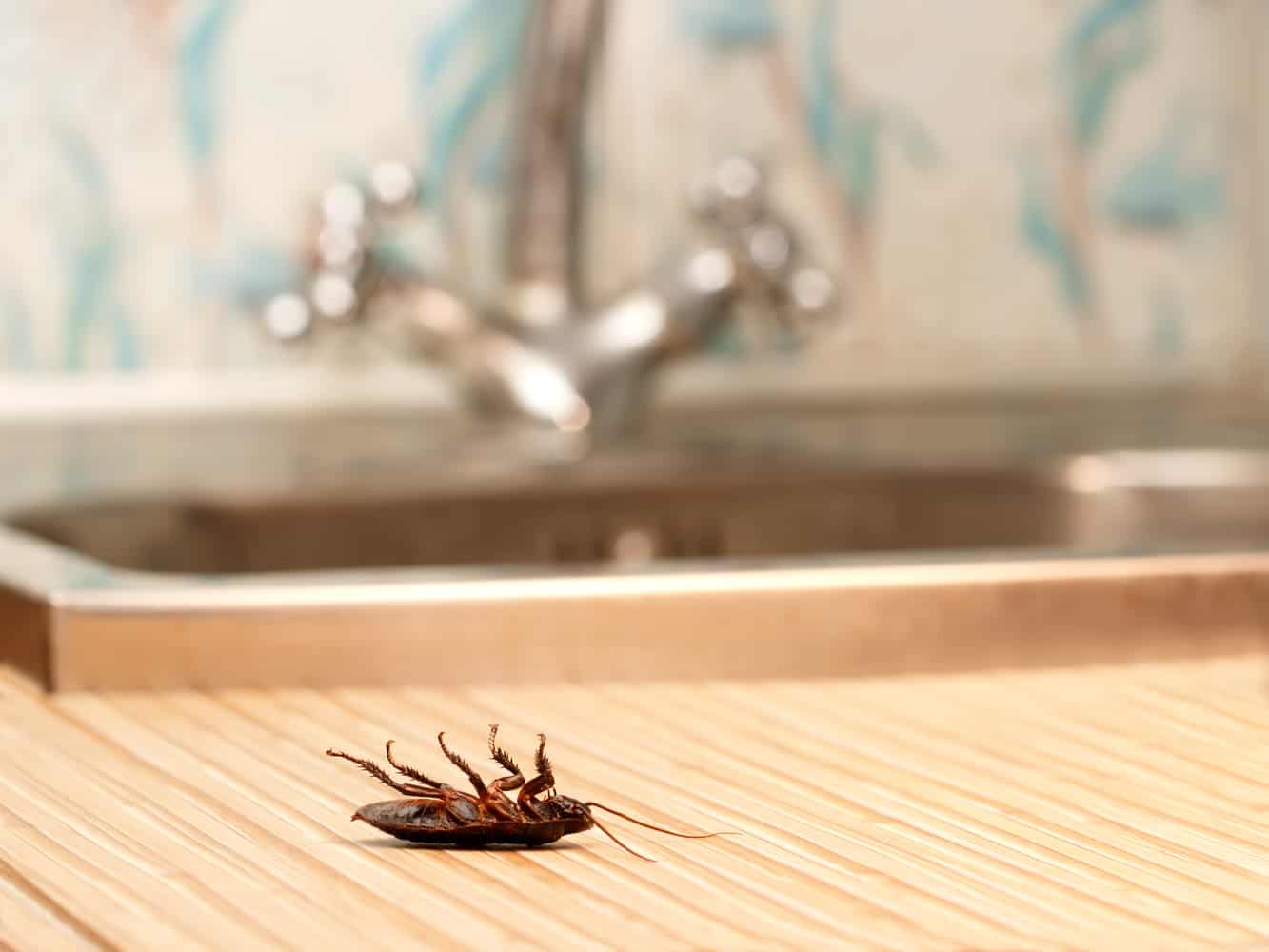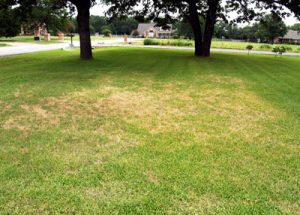
St. Augustine Grass: The Grass of the South
St. Augustine grass is one of the most popular grass types in the southern United States. Its lush, green blades and ability to thrive in warm, humid climates make it a favorite among homeowners and landscapers alike. In this post, we’ll take a closer look at St. Augustine grass and what you need to know if you’re considering it for your lawn.
Habitat and Appearance
St. Augustine grass is native to the Gulf of Mexico coast and the Caribbean. It is a warm-season grass that thrives in temperatures between 80-100 degrees Fahrenheit. The grass has broad, flat blades that are a medium green color. It forms a dense turf with a deep root system that makes it drought-resistant. The grass grows best in full sun to partial shade and is known for its tolerance of salty soils.
Types of St. Augustine Grass
There are several types of St. Augustine grass, each with its own advantages and disadvantages. Floratam is the most popular type and is known for its disease resistance and cold tolerance. Another popular variety is Bitterblue, which is known for its darker green color and drought tolerance. Palmetto is another common type that is typically more shade-tolerant than other varieties.
Maintenance
St. Augustine grass is easy to maintain and requires minimal care. It should be watered deeply and infrequently, about once or twice a week, depending on rainfall. The grass should be mowed at a height of 3 to 4 inches, and clippings should be left on the lawn to decompose and return nutrients to the soil. Fertilizer should be applied in the spring and fall, and weed control should be practiced as needed.
Common Problems
Despite its many advantages, St. Augustine grass can be susceptible to certain diseases and pests. Chinch bugs, webworms, and sod webworms are common pests that can damage St. Augustine grass. Fungal diseases such as gray leaf spot and brown patch can also be an issue in warm, wet weather. Proper maintenance, including adequate watering, fertilization, and pest control, can help prevent these issues.
In conclusion, St. Augustine grass is a beautiful and easy-to-care-for grass that is perfect for the warm, humid climates of the southern United States. With the right maintenance and care, homeowners can enjoy a lush and green lawn that will provide years of enjoyment. So, if you’re thinking about planting St. Augustine grass in your yard, give it a try – your lawn will thank you!
If you are searching about How To Make St Augustine Grass Greener – 3 Things That WORK you’ve came to the right page. We have 8 Pictures about How To Make St Augustine Grass Greener – 3 Things That WORK like St. Augustine Grass Runners (Problem?) How to Manage the Runners | Lawn, How to bring back dead St. Augustine grass – lawncarebase and also St. Augustine Lawns, What You Should Focus On! – S and K Sod. Read more:
How To Make St Augustine Grass Greener – 3 Things That WORK

grasslawnscare.com
augustine greener sperry answers occur faded lacking
What To Know About St. Augustine Grass

www.totallandscapecare.com
grass augustine st
Dallas Homeowners: How To Care For St. Augustine Grass | Wikilawn
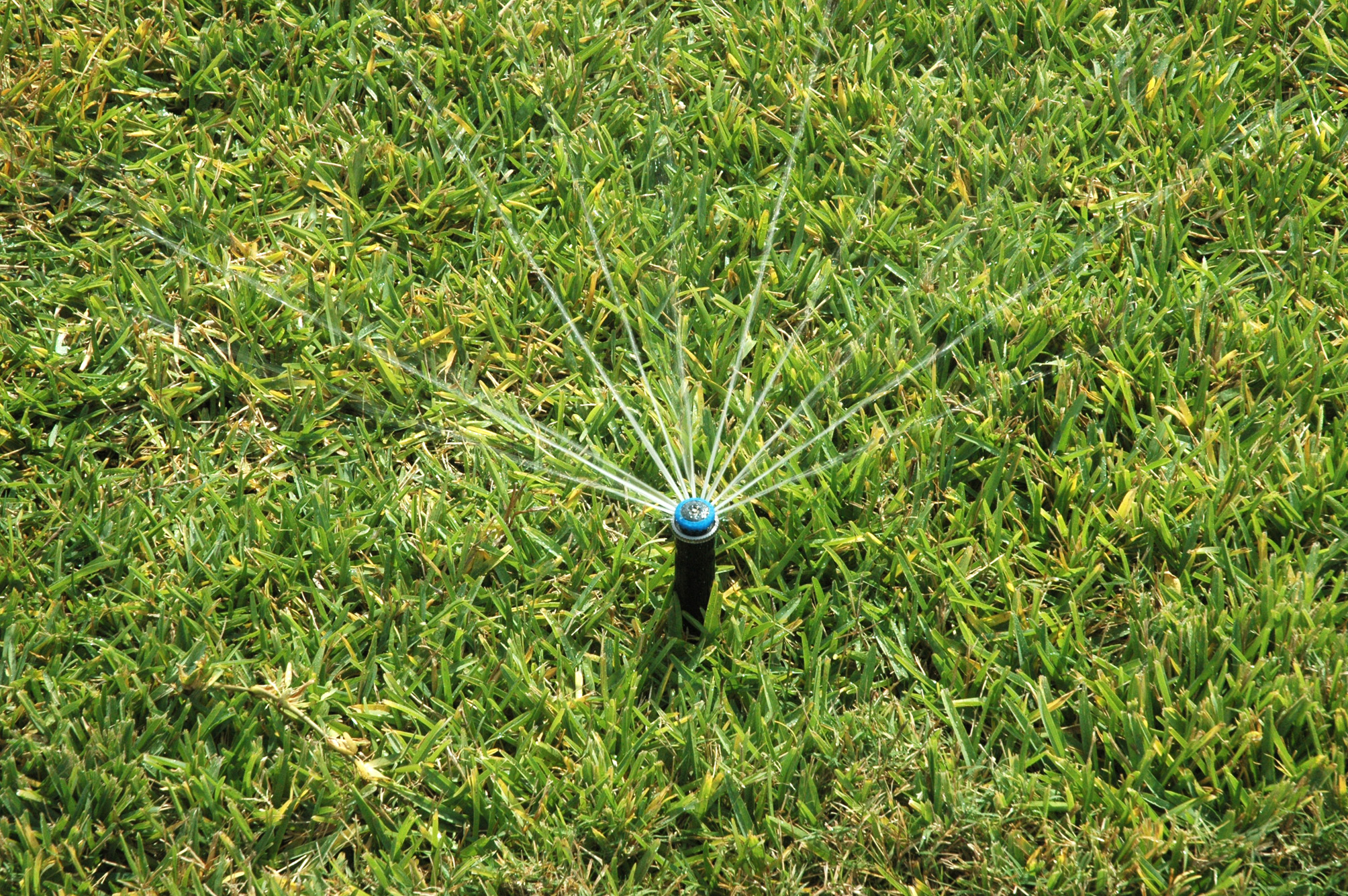
www.wikilawn.com
Quiet Corner:St. Augustine Grass – Quiet Corner

www.quiet-corner.com
augustine
St. Augustine Grass Facts, Maintenance & Comparison – ProGardenTips
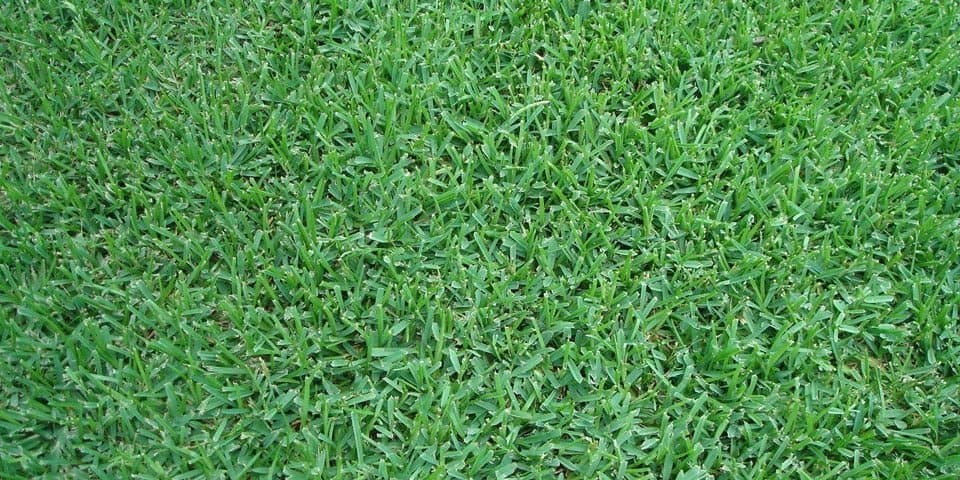
www.progardentips.com
grass augustine st stenotaphrum facts progardentips maintenance comparison lawn updated last categories april
How To Bring Back Dead St. Augustine Grass – Lawncarebase

lawncarebase.com
augustine dead dethatching patches thatch
St. Augustine Grass Runners (Problem?) How To Manage The Runners | Lawn

lawnmodel.com
augustine manage lawn
St. Augustine Lawns, What You Should Focus On! – S And K Sod
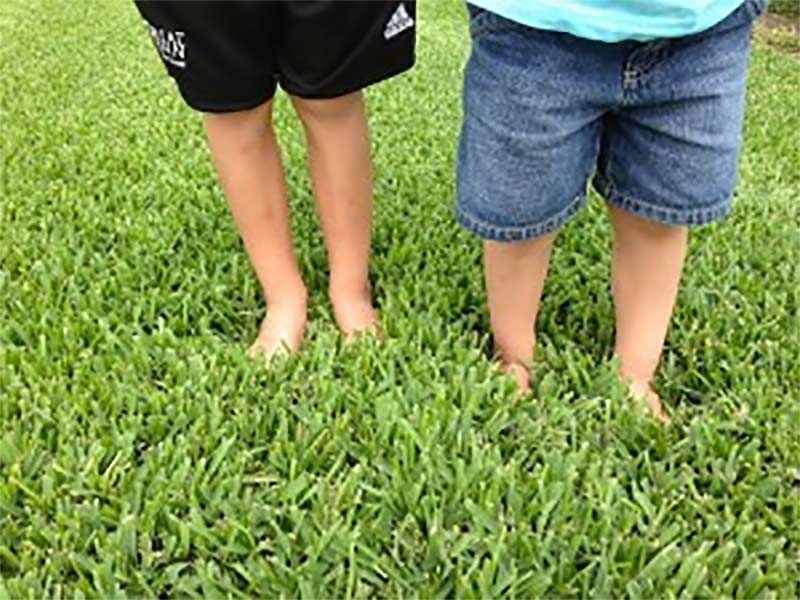
sksod.com
augustine st grass lawns focus should
Quiet corner:st. augustine grass. St. augustine grass runners (problem?) how to manage the runners. How to bring back dead st. augustine grass
 markanthonystudios.net Mark Anthony Studios Site
markanthonystudios.net Mark Anthony Studios Site

